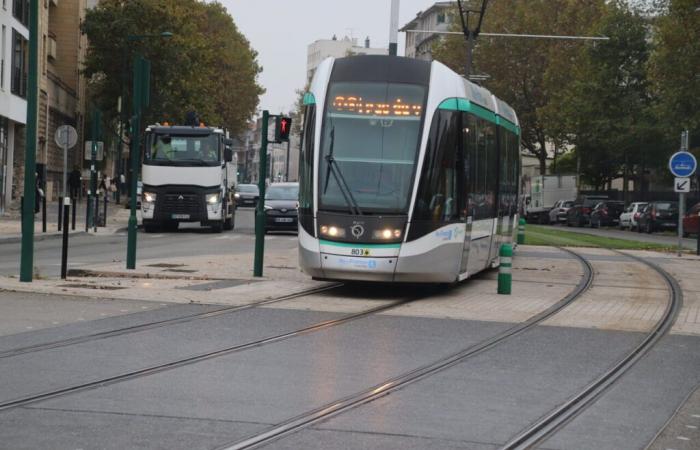Par
Editorial Paris
Published on
Nov. 20 2024 at 8:11 p.m
See my news
Follow Paris News
Update : traffic resumes but remains disrupted between Rose Bertin and Épinay-Orgemont as a result of dead leaves, RATP announces at 8:05 p.m.
This is a time not to put a tram outside. Dead leaves do not go well with this mode of transport. This Wednesday, November 20, 2024, two lines are impacted in Seine-Saint-Denis. THE tramway T8 had to interrupt its traffic due to slippery rails on part of its line.
Impacted traffic
“Traffic is interrupted between Rose Bertin and Épinay – Orgemont and will resume around 9 p.m.,” announces RATP on the line’s X account. “This follows dead leaves (slippery rails) in Lacépède,” she adds.
On the tramway T1after an interruption, traffic was able to resume, but it “remains very disrupted on the entire line, as a result of dead leaves (slippery rails) at Hôtel de Ville de la Courneuve and Basilica of Saint-Denis”.
Follow all the news from your favorite cities and media by subscribing to Mon Actu.






